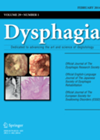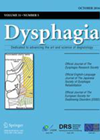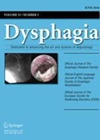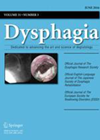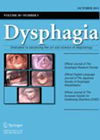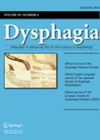
Journal Reviews
Less pain more gain: impact of prophylactic gabapentin on swallowing outcomes in head and neck cancer patients undergoing radiation treatment
Patients planned for chemoradiation to the head and neck are usually advised to expect some pain and soreness during their treatment and that pain relief will be offered as and when it is required. Uncontrolled pain and mucositis affect oral...
Do certain chronic medications increase dysphagia in older people?
Oropharyngeal dysphagia is known to affect a high number of older people in the community, in care homes and in acute geriatric admissions to hospital. The authors of this study have recognised that many older people take drugs for chronic...
Radiation-induced dysphagia in head and neck cancer
This is a helpful reference paper that provides an overview of the biomolecular effects of radiation on the tissues of the upper aero-digestive tract. The authors explain that radiation injuries occur in a repetitive and accruing manner over the duration...
What can we tell about swallow physiology from a bedside clinical assessment?
Knowledge about swallowing physiology has greatly increased with the use of instrumental assessments such as videofluoroscopy (VFS). The authors of this paper performed an analysis of data obtained from 60 stroke patients who were assessed via a clinical swallow examination...
Changes in swallowing function after thyroidectomy
Evaluation of functional impact following thyroidectomy tends to be focused on voice quality. The aim of this study was to document early (seven days postoperatively) and late changes (60 days postop) in swallowing function after thyroidectomy. A preoperative naso-endoscopic evaluation...
The right kit matters… How important is video recording in FEES?
As a portable alternative to videofluoroscopy, fibreoptic endoscopic evaluation of swallowing (FEES) is often carried out at the patient’s bedside. The authors of this paper have chosen to examine the reliability of the penetration-aspiration ratings (Rosenbek scale) of FEES examinations...

